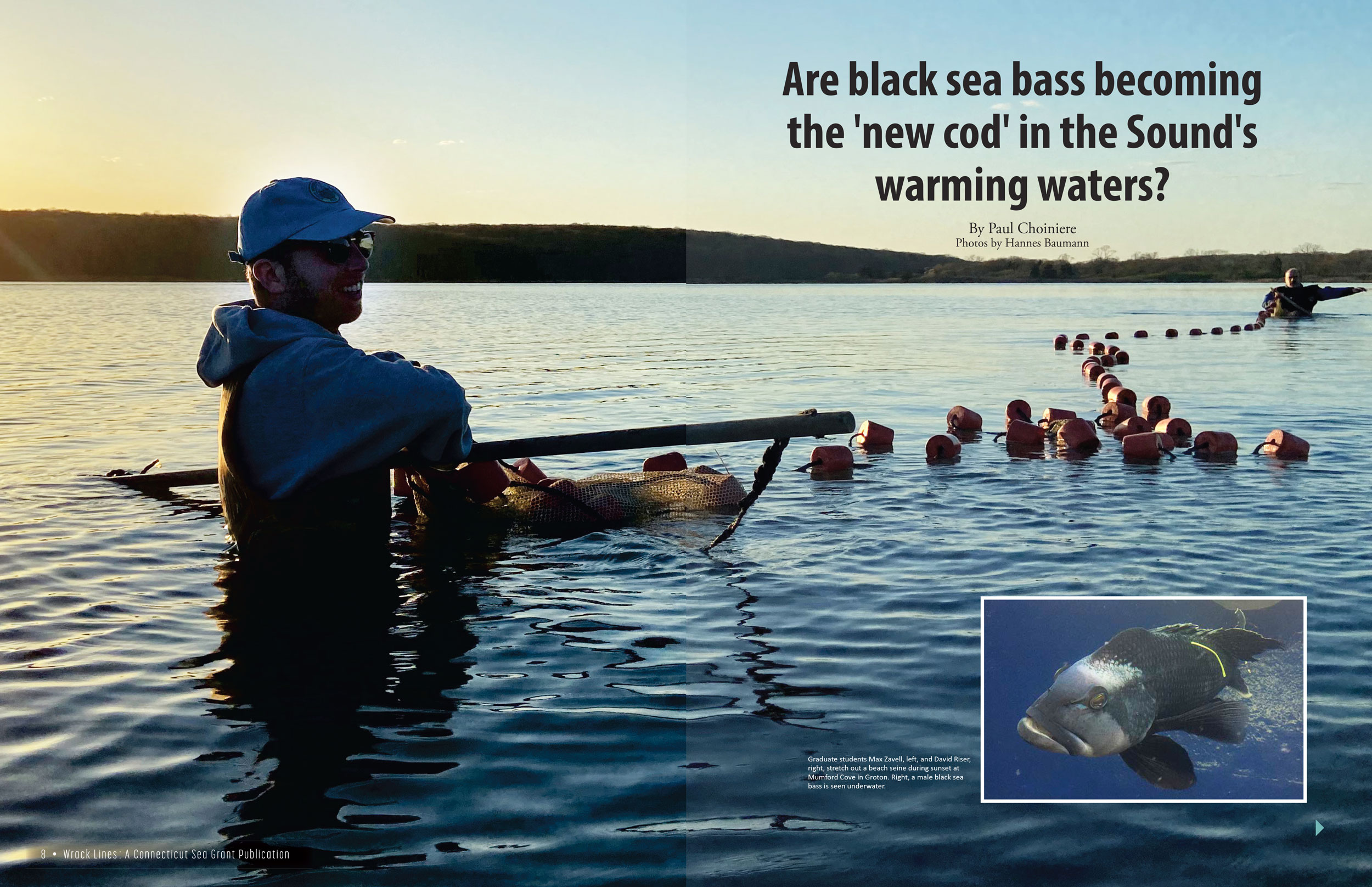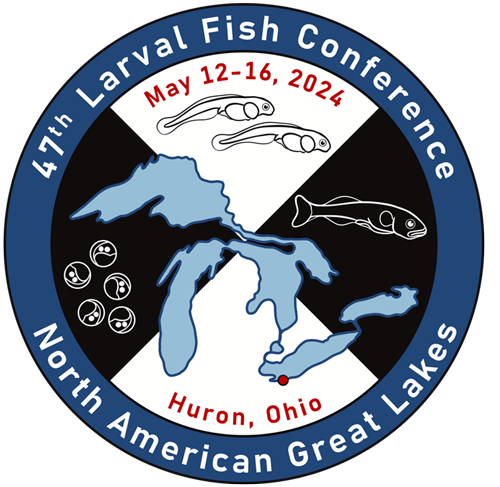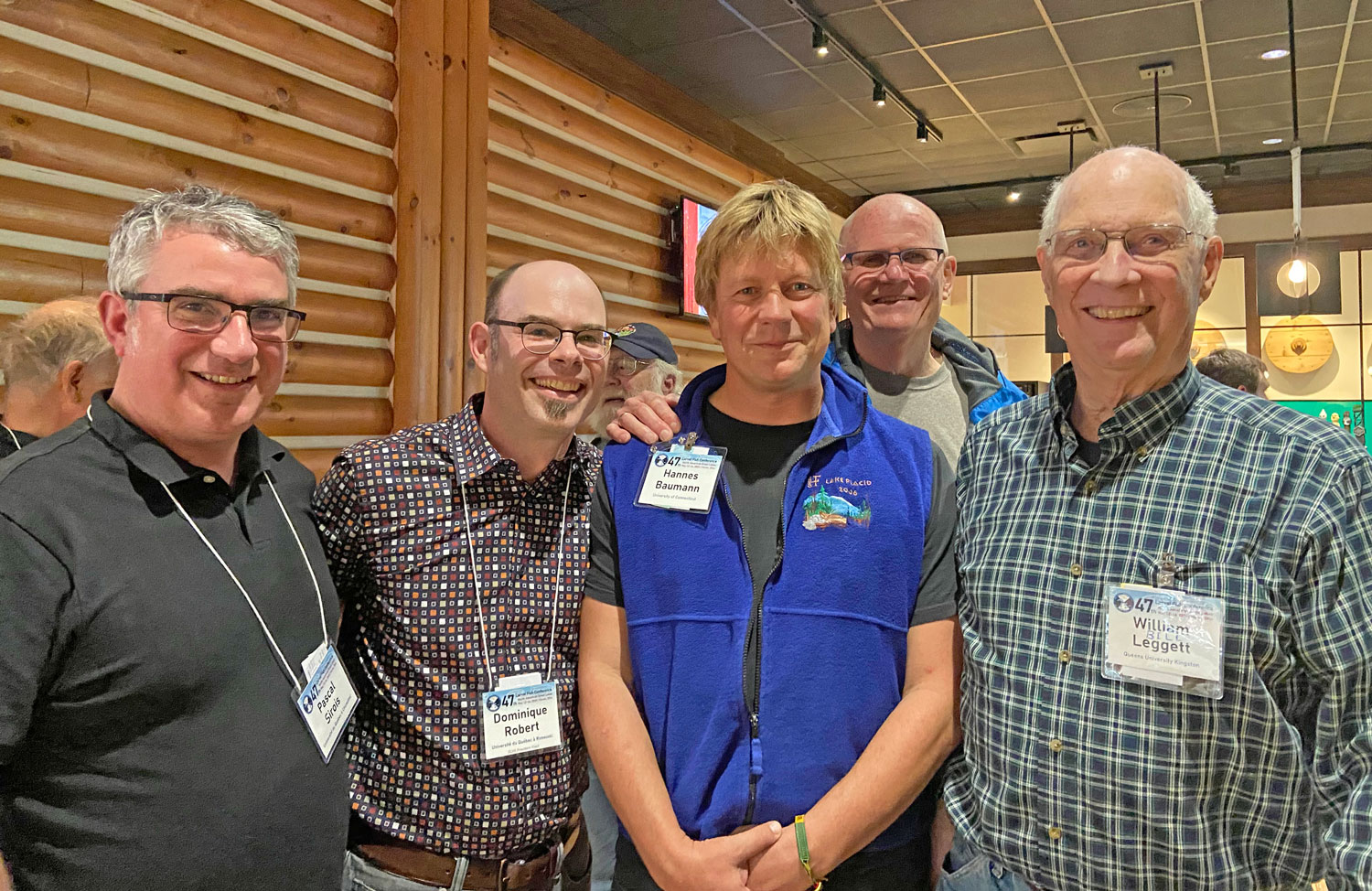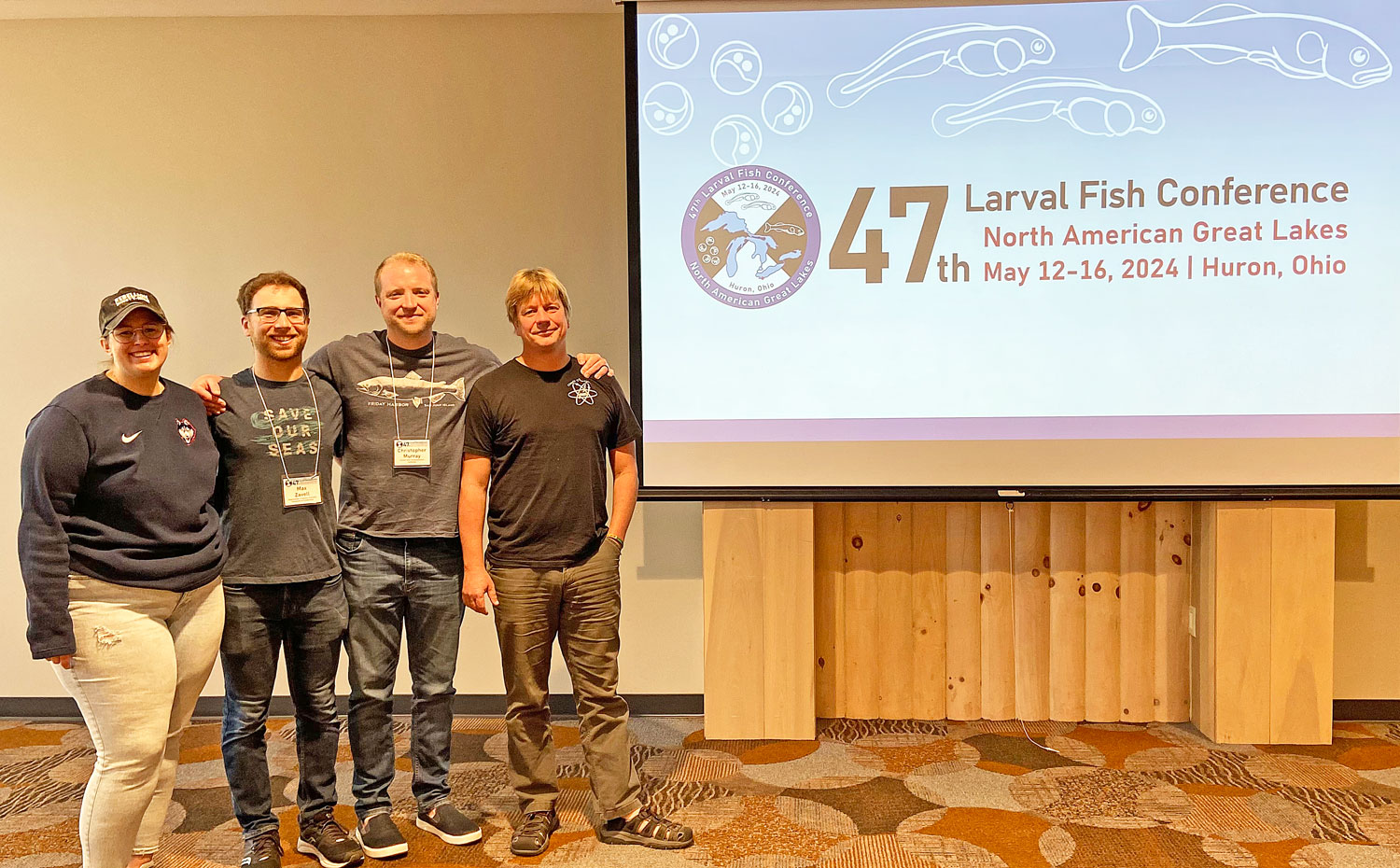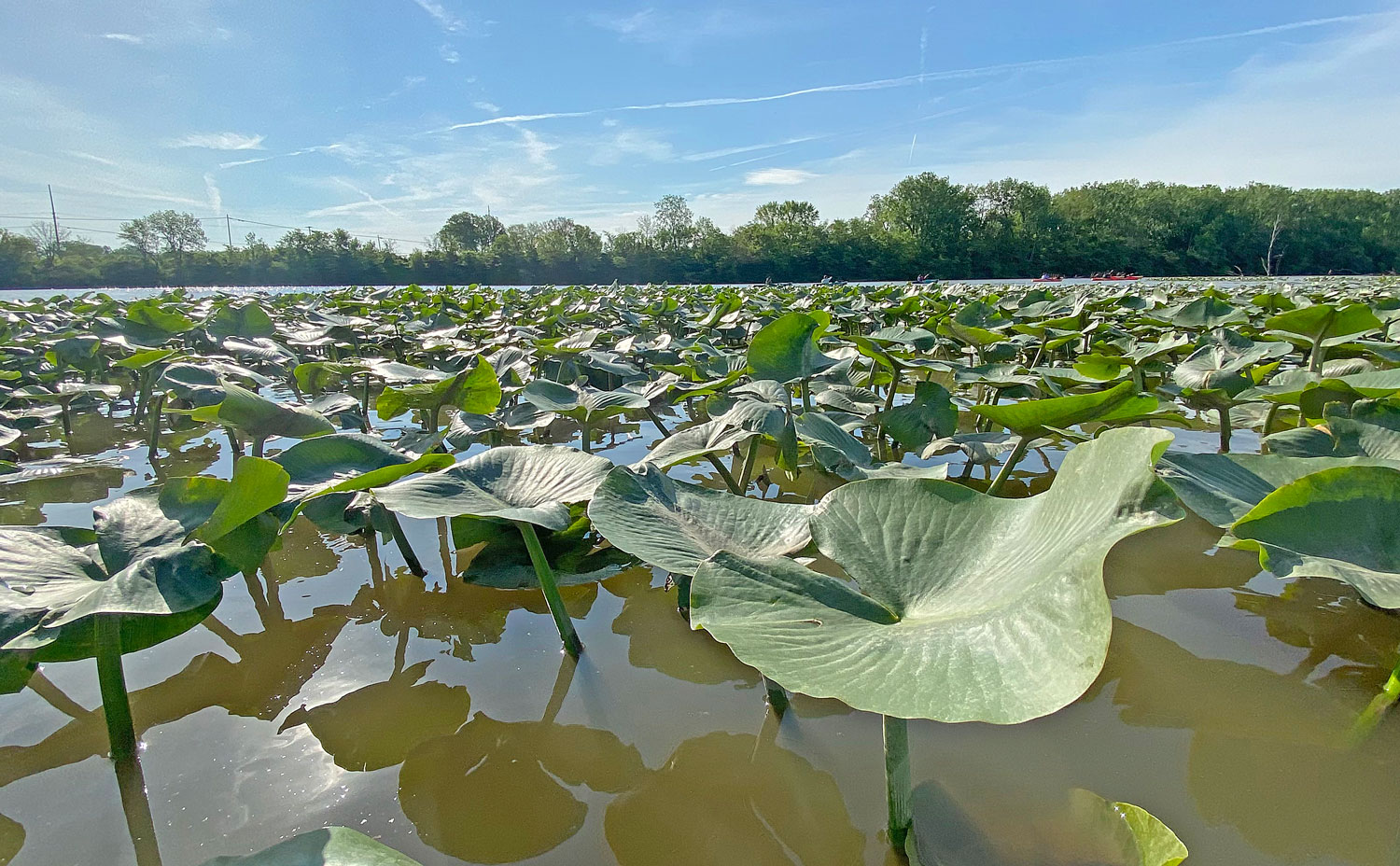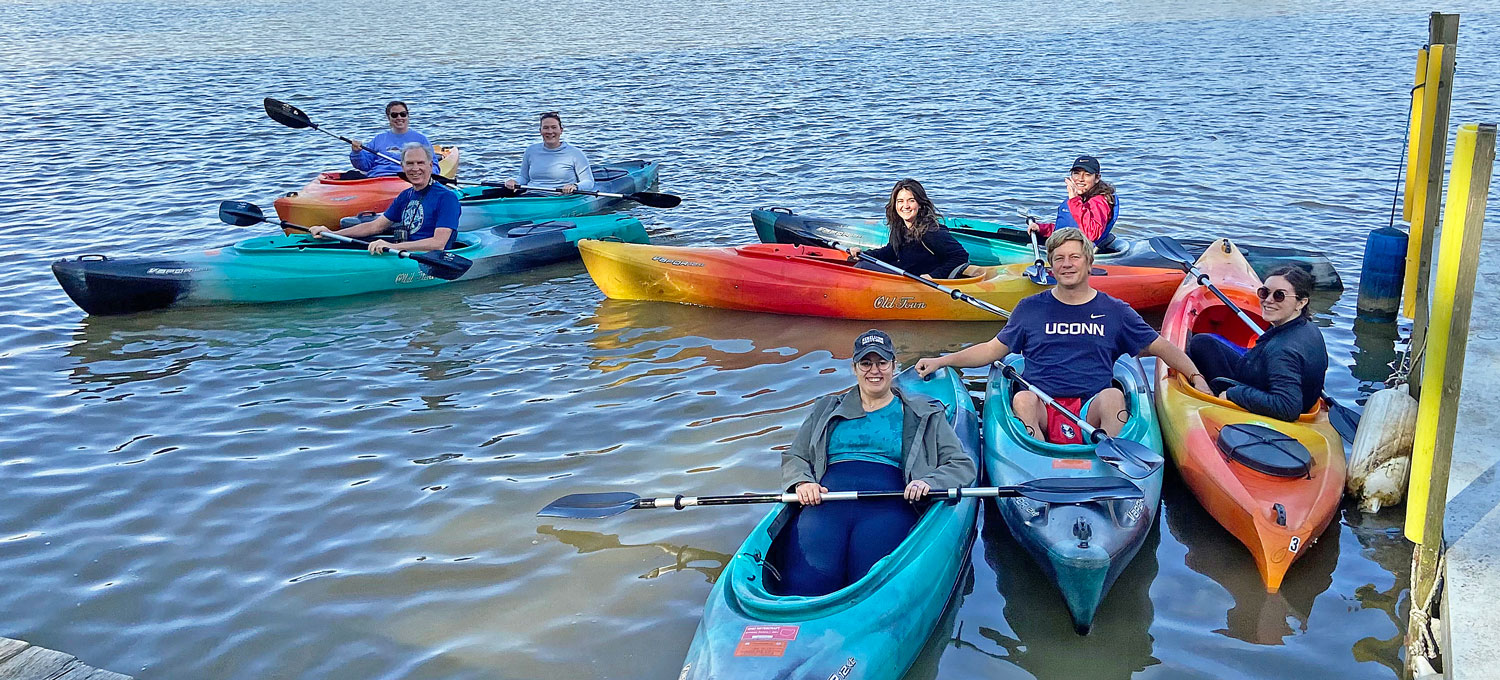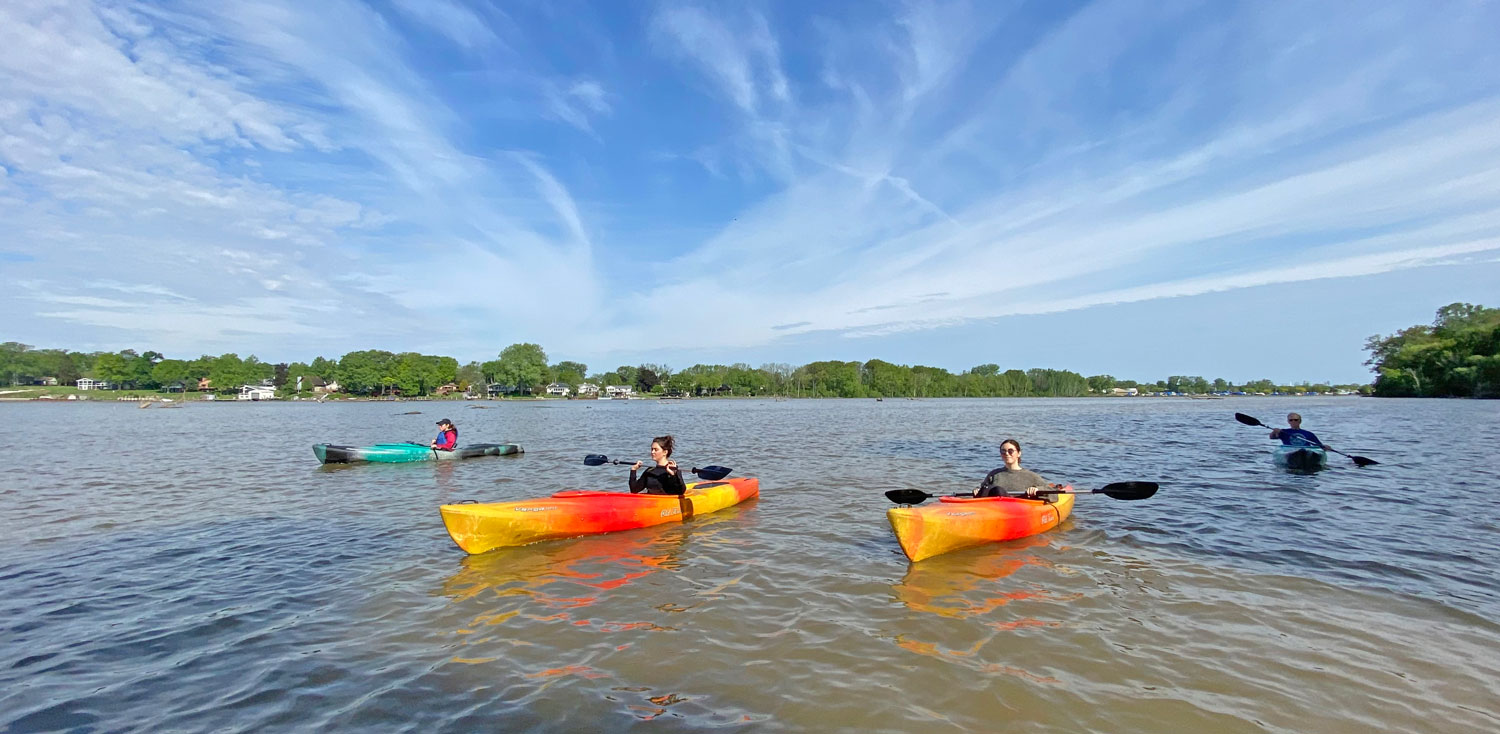17 May 2024. Members of our Evolutionary Fish Ecology Lab had a blast attending this years
47th Larval Fish Conference in Huron, OH. Hannes, Emma, Max and alumnus Chris Murray (now at WHOI), went on a road trip from Connecticut to Lake Eerie to present and learn about all things larval fish. On Tuesday morning, the conference crowd enjoyed excursion or recreation options, all the while catching up with good old colleagues and making new connections and friends. A particular achievement: each of us presented research on a different fish species; while Hannes showed the first data emerging from his sabbatical research on
Chilean silversides, Emma talked about baby
California grunion development. Max presented a poster and two talks, the first about CO
2 effects on the onset of schooling in
Atlantic silversides and a second one one
Black Sea Bass overwintering dynamics. Last, Chris Murray gave a fascinating first look into gene expression data from our most recent
sand lance CO
2 experiment. All around, a strong showing of our lab!
